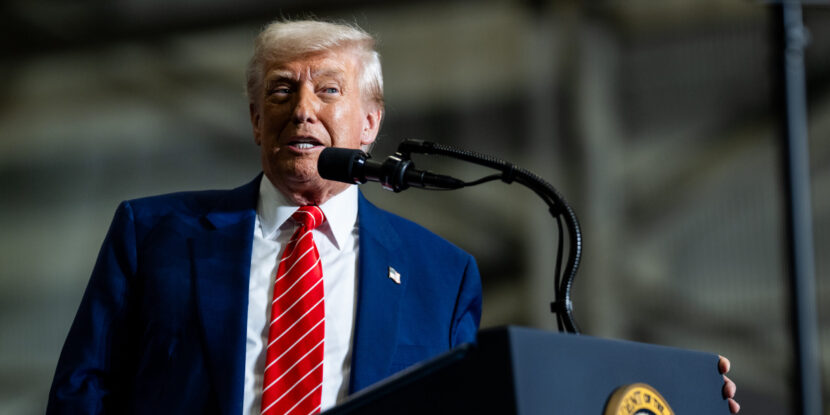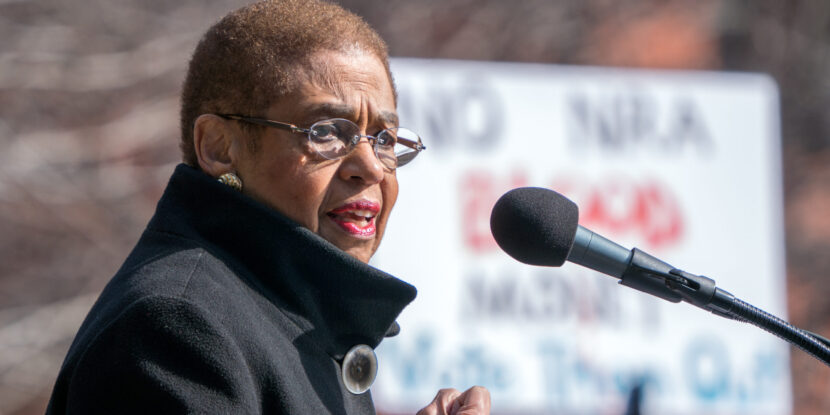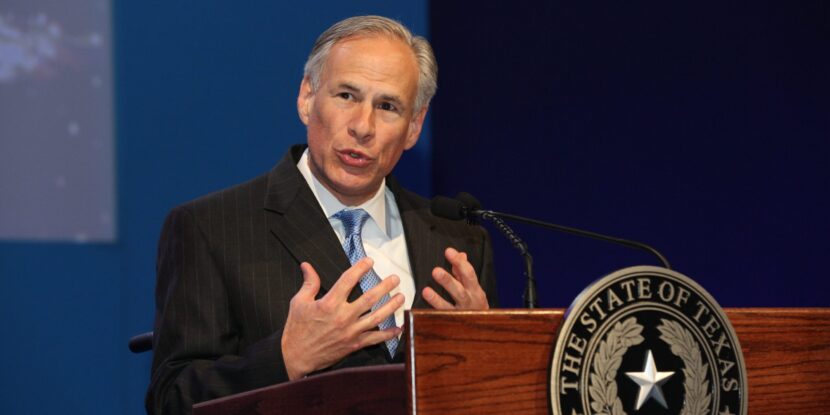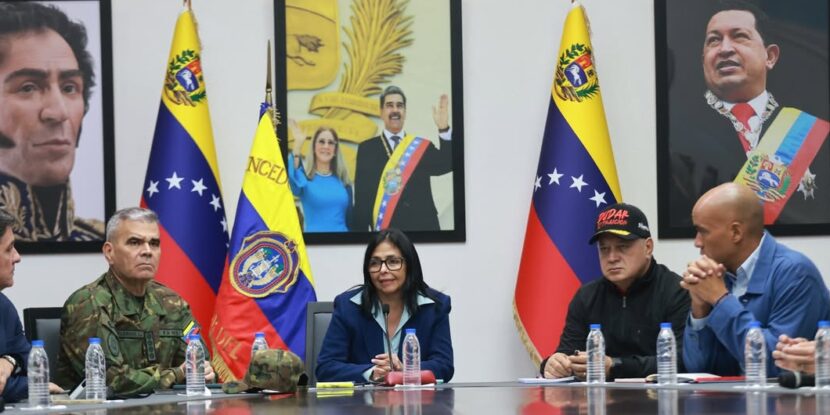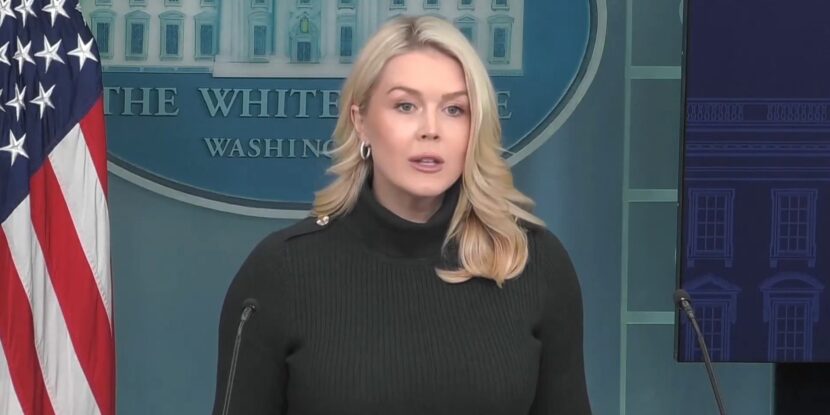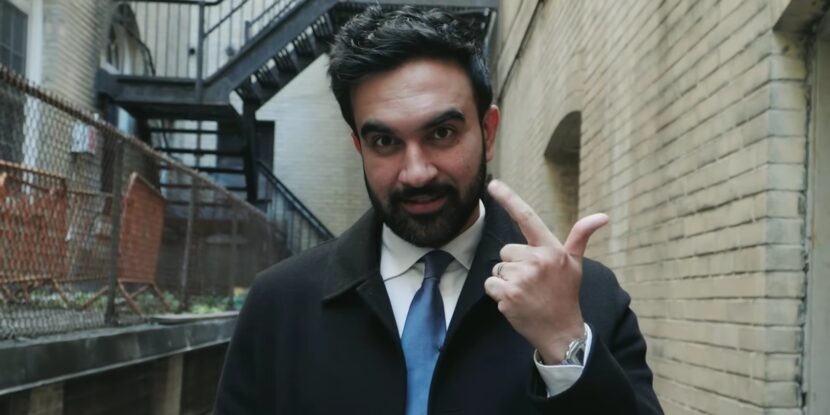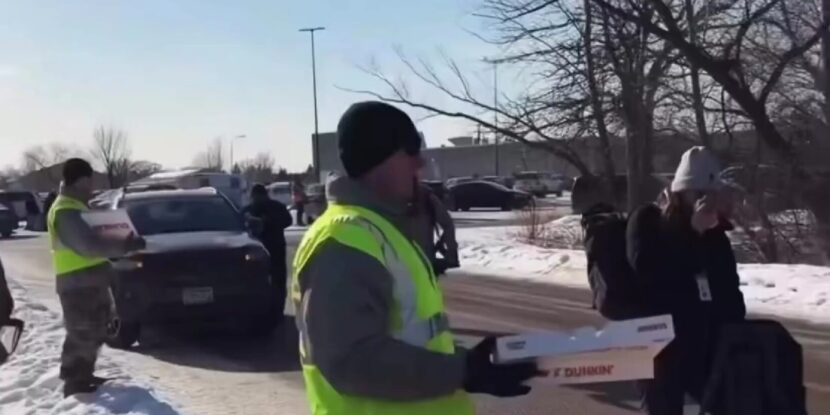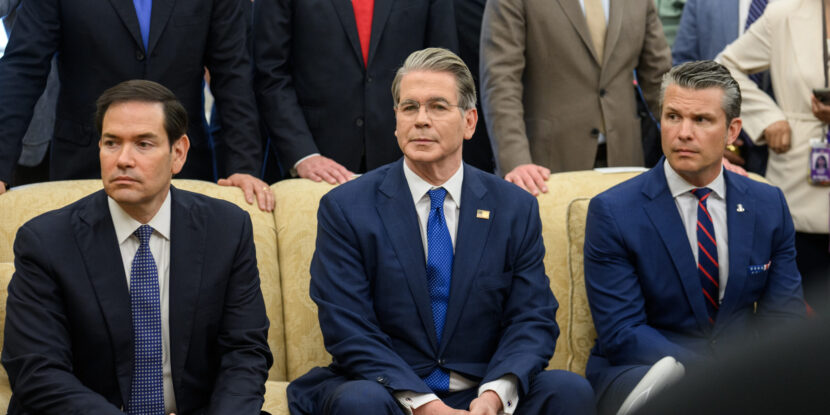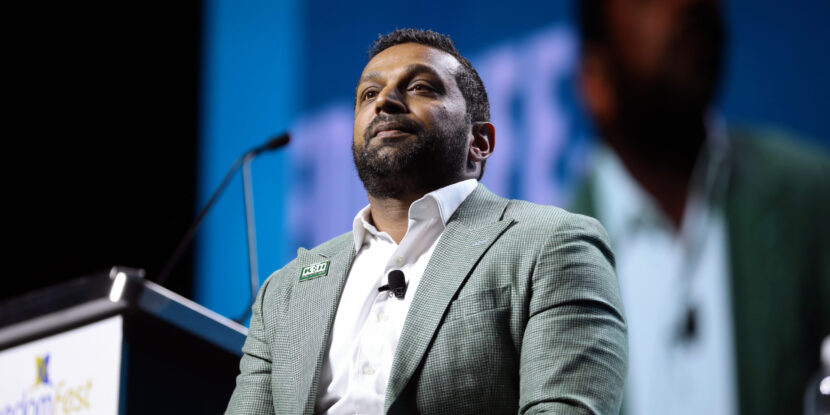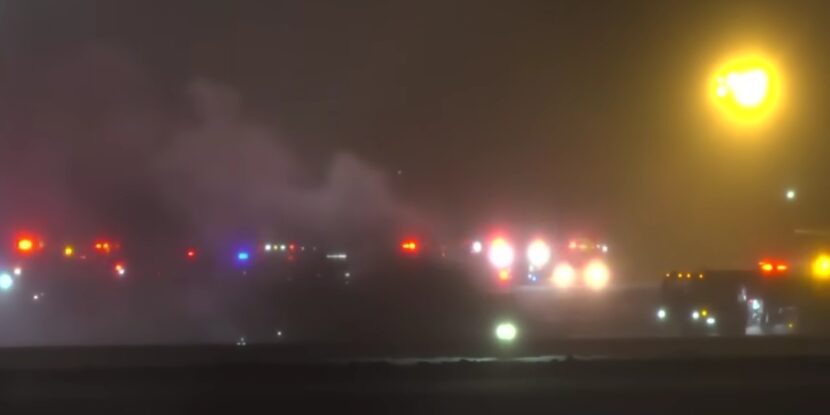PULSE POINTS:
❓What Happened: President Donald J. Trump’s attorneys are appealing his conviction in a so-called hush money case in New York, seeking to move it to federal court following last year’s U.S. Supreme Court ruling on presidential immunity.
👥 Who’s Involved: President Trump, Manhattan District Attorney (DA) Alvin Bragg, the U.S. Supreme Court, and a three-judge panel from the 2nd U.S. Circuit Court of Appeals.
📍 Where & When: New York, with oral arguments occurring on Wednesday, June 11, 2025.
💬 Key Quote: “President Trump had good cause to pursue a post-trial removal for a simple reason: he could not have raised any of the arguments set forth herein until well after his trial began,” Trump’s attorneys stated.
⚠️ Impact: A successful appeal could overturn Trump’s conviction and potentially set new precedents for cases involving presidential immunity.
IN FULL:
President Donald J. Trump’s legal team is set to present arguments on Monday in an effort to move his state-level “hush money” conviction for supposedly falsifying business records to federal court. The appeal comes after the U.S. Supreme Court ruled last July that presidents are immune from federal prosecution for certain official acts, although not for unofficial acts.
Trump’s attorneys argue that his conviction stems from actions tied to his official duties as President, making the case eligible for federal jurisdiction. The America First leader was convicted last year on 34 counts related to a 2016 payment made by his then-lawyer, Michael Cohen, to adult film actress Stormy Daniels. Trump has consistently denied any wrongdoing, asserting the case is politically motivated.
In January, just days before his inauguration, Trump received an unconditional discharge in the case brought by Manhattan District Attorney Alvin Bragg. The sentence included no jail time, probation, or fines, but Trump remains a convicted felon under state law and cannot pardon himself in the matter.
Trump’s legal team is now leveraging the Supreme Court’s July decision to argue for a post-trial removal of the case to federal court. They claim the ruling provides “good cause” for the renewed appeal, as the decision was issued after Trump’s conviction in May. “President Trump had good cause to pursue a post-trial removal for a simple reason: he could not have raised any of the arguments set forth herein until well after his trial began,” his attorneys wrote in court filings.
The Department of Justice (DOJ) filed an amicus brief earlier this year in support of Trump’s effort, but Bragg’s office opposes the move. Prosecutors argue that the Supreme Court ruling does not apply in this case, accusing Trump of showing a “lack of diligence” by waiting two months after the decision to renew his efforts. They also contend that the unconditional discharge makes the appeal moot.
A ruling in Trump’s favor could overturn his conviction and reshape the legal landscape surrounding presidential immunity claims.
